Life can be stressful. Whether it’s our relationships, career, health, financial situation, environment or a critical incident – we all experience stress. Stress is subjective – so something that is stressful for me may not be stressful for someone else. There are many different kinds of stress and not all of them are bad. Stress can help us act quickly in an emergency or meet a deadline.
Before you identify what stress is costing you, let’s have a closer look at stress.
Classifications of Stress
Following are three different classifications of stress from Hans Selye, Karl Albrecht, and Lyle Miller and Alma Smith,
1. Hans Selye – Four Main Areas of Stress
The famous Austrian-born Hungarian endocrinologist Hans Selye, who was the pioneer of modern day stress research identified four main areas of stress –
- Eustress – positive stress that motivates us into action to meet challenges;
- Understress – associated with boredom, lack of direction and ‘rustout’;
- Overstress – going beyond our limits (i.e. burnout); and
- Distress – linked to unresolved emotions and feelings.
2. Karl Albrecht
Dr Karl Albrecht’s ground breaking book ‘Stress and the Manager’ classified four general categories of self-induced emotional stress. They were –
- Time Stress – a stress/anxiety reaction to the concept of time (i.e. meeting a deadline or a sense that time is running out);
- Anticipatory Stress – commonly known as “worrying” about an impending event in the future;
- Situational Stress – finding ourselves in a situation that is out of our control (i.e. expecting something terrible to happen);
- Encounter Stress – stress/anxiety about dealing with one or more people whom we find challenging or unpleasant.
3. Lyle Miller and Alma Smith – Four Kinds of Stress
Lyle Miller and Alma Smith refer to the following four kinds of stress in the book, The Stress Solution –
- Acute Stress – most common form of stress and comes from demands and pressures of the recent past and anticipated demands or pressures of the near future. Acute stress is generally short-term, is recognised by most people and can be thrilling and exciting as well as exhausting. Some examples of acute stress include – losing an important contract, rushing to meet a deadline, riding a roller coaster, locking yourself out of the house or a car hitting rear-ending you.
- Episodic Acute Stress – when acute stress happens frequently, it is called episodic acute stress. People who always seem to be living in chaos, rushing or having a crisis tend to have episodic acute stress. People with episodic acute stress are often short-tempered, irritable, and anxious.
- Chronic Stress – when acute stress is not resolved and begins to increase or lasts for long periods of time, it becomes chronic stress. Chronic stress can stem from poverty, a dysfunctional family or relationship as well as an unfulfilling job, career or business. Chronic stress can be detrimental to your health, as it can contribute to several serious diseases or health risks, such as – heart disease, cancer, lung disease, violence and accidents.
- Traumatic Stress – overpowering trauma can cause chronic stress know as Posttraumatic Stress Disorder (PTSD). Some examples include accidents, verbal, physical and psychological abuse, being in the presence of extreme violence and natural disasters can cause chronic stress know as Posttraumatic Stress Disorder (PTSD).
The Body’s Response to Stress
Simply, the stress response is the body’s natural reaction to feeling under threat. The way our bodies adapt to stress is called the General Adaption Syndrome. According to Selye, the stress response is the body’s “non-specific reaction to demands made to its internal equilibrium.” The stress damage results from prolonged exposure to the stressor and happens in 3 stages.
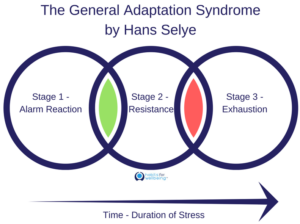
Causes of Stress – Stressors
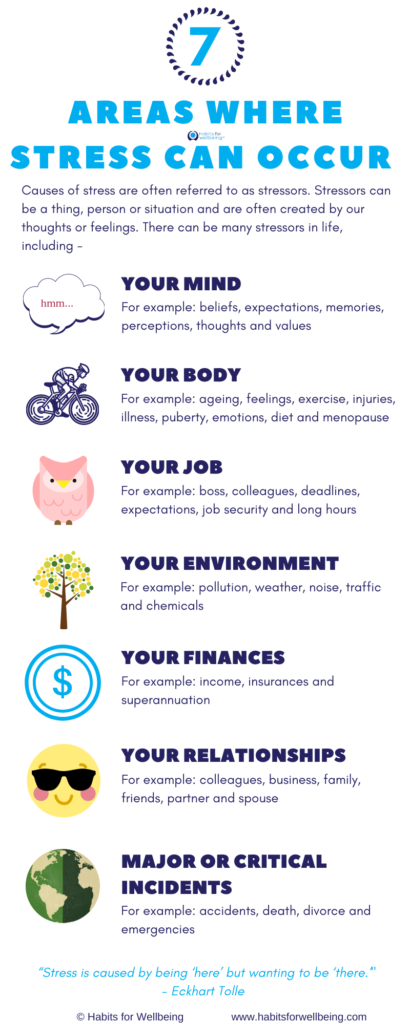
What is Stress Costing You?
Once we have identified the causes of stress, then it is up to us to take responsibility for the stress and make conscious changes. If we don’t we can end up experiencing a number of short-term and long-term costs. For example – stress could be costing you –
- Peace of mind,
- Perspective on life,
- Time,
- Love,
- Sleep,
- Energy,
- Relationships,
- Fulfilment,
- Productivity,
- Financial income,
- Sense of humour, or
- Overall health.
Over to You…
I hope this article has given you some insight in to what stress is costing you. If you have any questions or comments, feel free to share them below. Also – please make sure you find a qualified heath professional who can help you with stress as it can be too overwhelming to try to manage and deal with it on our own.
When you are ready to reclaim your courage and take the next step towards freedom and living whole-heartedly, you are welcome to join our Toolkit!
References –
Albrecht, K. (1979). Stress and the Manager. New York, USA: Touchstone Books.
Miller, L., & Smith, A. (1993). The Stress Solution – An Action Plan to Manage the Stress in Your Life. New York, USA: Pocket Books.
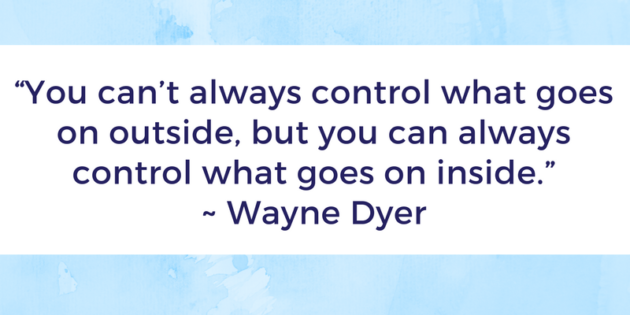




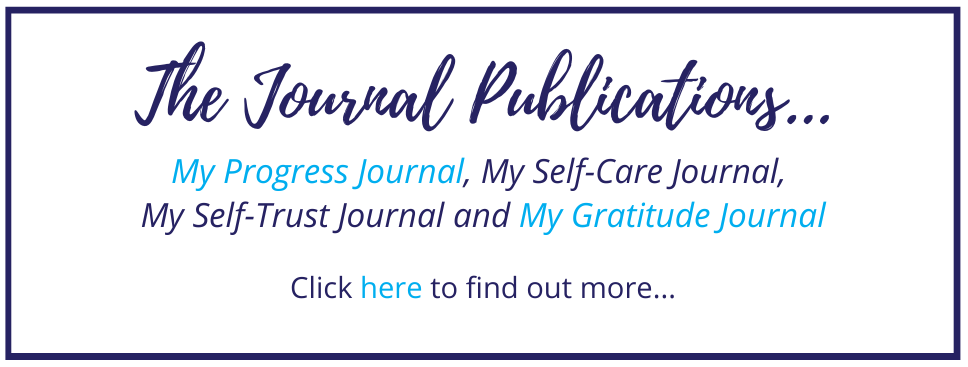


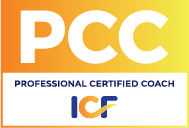
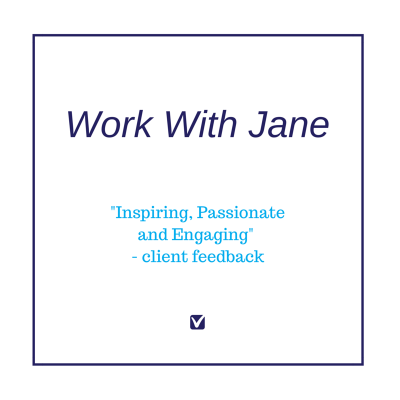







Leave A Response